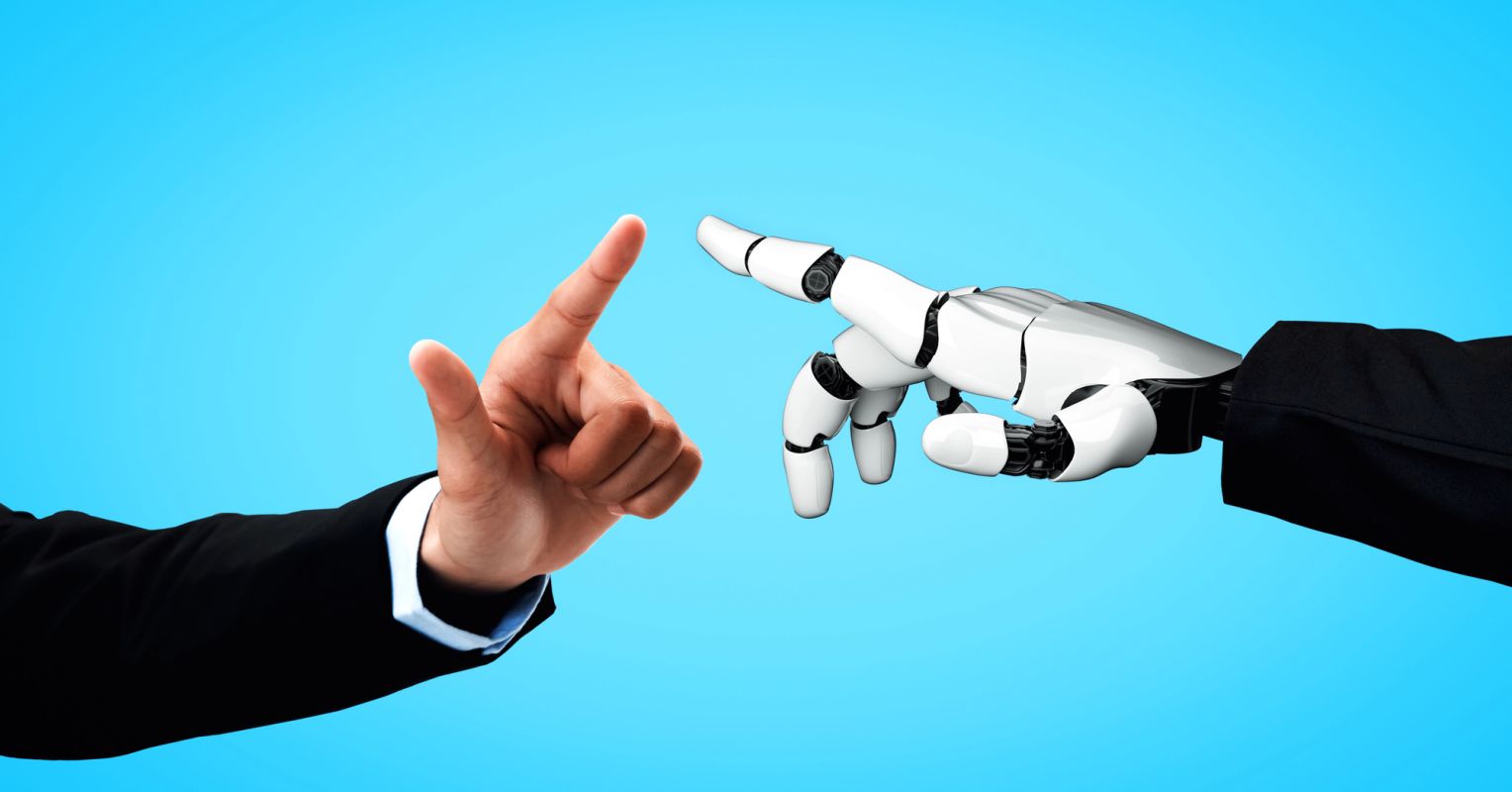
"In Greek mythology, the story of Oedipus is one of fate, prophecy, and unintended consequences. According to legend, the Oracle of Delphi foretold that Oedipus would kill his father and marry his mother. In a desperate attempt to escape this prophecy, Oedipus unknowingly fulfilled it-killing King Laius and marrying Queen Jocasta, his father and mother. The Oracle of Delphi itself was the most renowned religious site of the ancient Greek world. Dedicated to Apollo, it drew kings, generals, and ordinary citizens alike."
"People traveled great distances to seek answers about war, politics, colonization, personal dilemmas, and the mysteries of life. For centuries, it was considered the ultimate source of divine guidance. So why revisit a myth from thousands of years ago? Because Oedipus's story is more relevant than ever. Within each of us lives a kind of Oedipus-an insatiable seeker, striving to gain knowledge and exert control over an uncertain future."
"We no longer climb the mountains of Delphi to consult a priestess; instead, we turn to algorithms and artificial intelligence. AI has become our modern oracle-an all-seeing source we consult for answers about our health, relationships, careers, and even the meaning of life. Like Oedipus, we approach it with hope, fear, and a desire for certainty. Yet, just as in the ancient myth, the answers we receive can be double-edged, shaping outcomes in ways we may not fully anticipate."
Oedipus's fate centers on a prophecy that he would kill his father and marry his mother; attempts to avoid the prophecy caused its fulfillment. The Oracle of Delphi functioned as ancient Greece's premier religious site, attracting people seeking guidance on war, politics, colonization, and personal dilemmas. Modern society now consults algorithms and artificial intelligence instead of priestesses. AI serves as a contemporary oracle for health, relationships, careers, and existential questions. Reliance on predictive systems can produce double-edged answers that shape outcomes in unforeseen ways. Human longing for control can paradoxically create the futures people seek to avoid. Interpretation, trust, and action determine consequences.
Read at Psychology Today
Unable to calculate read time
Collection
[
|
...
]